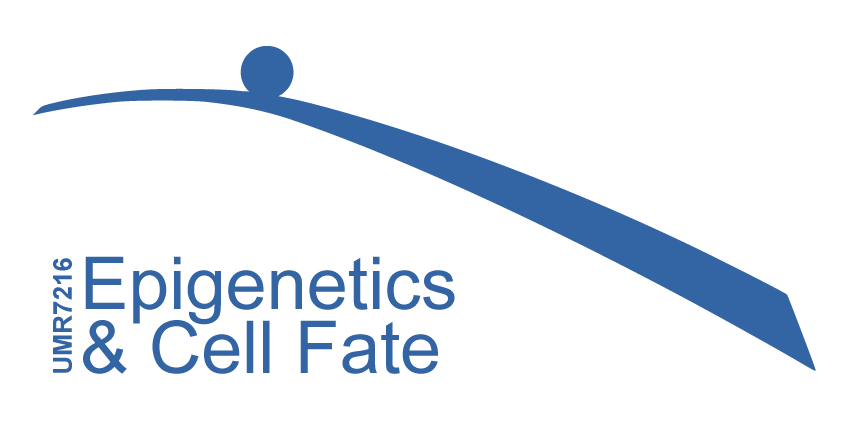Epigenome and stress pathways
Environmental stress during development has profound impact at the cellular and molecular levels. The brain is particularly sensitive to different stressors because its developmental period is extremely long; starting in utero, its maturation is only achieved at the adolescent age. Exposure to stressors during this whole period might thus have consequences on the adult brain functioning with behavioral consequences.
We aim to unravel the impact of the stress pathways at specific prenatal stages of brain development and to identify the most stress-vulnerable neural cell types or subpopulations. Ultimately, we want to evaluate the impact of these stressors on adult brain functioning.
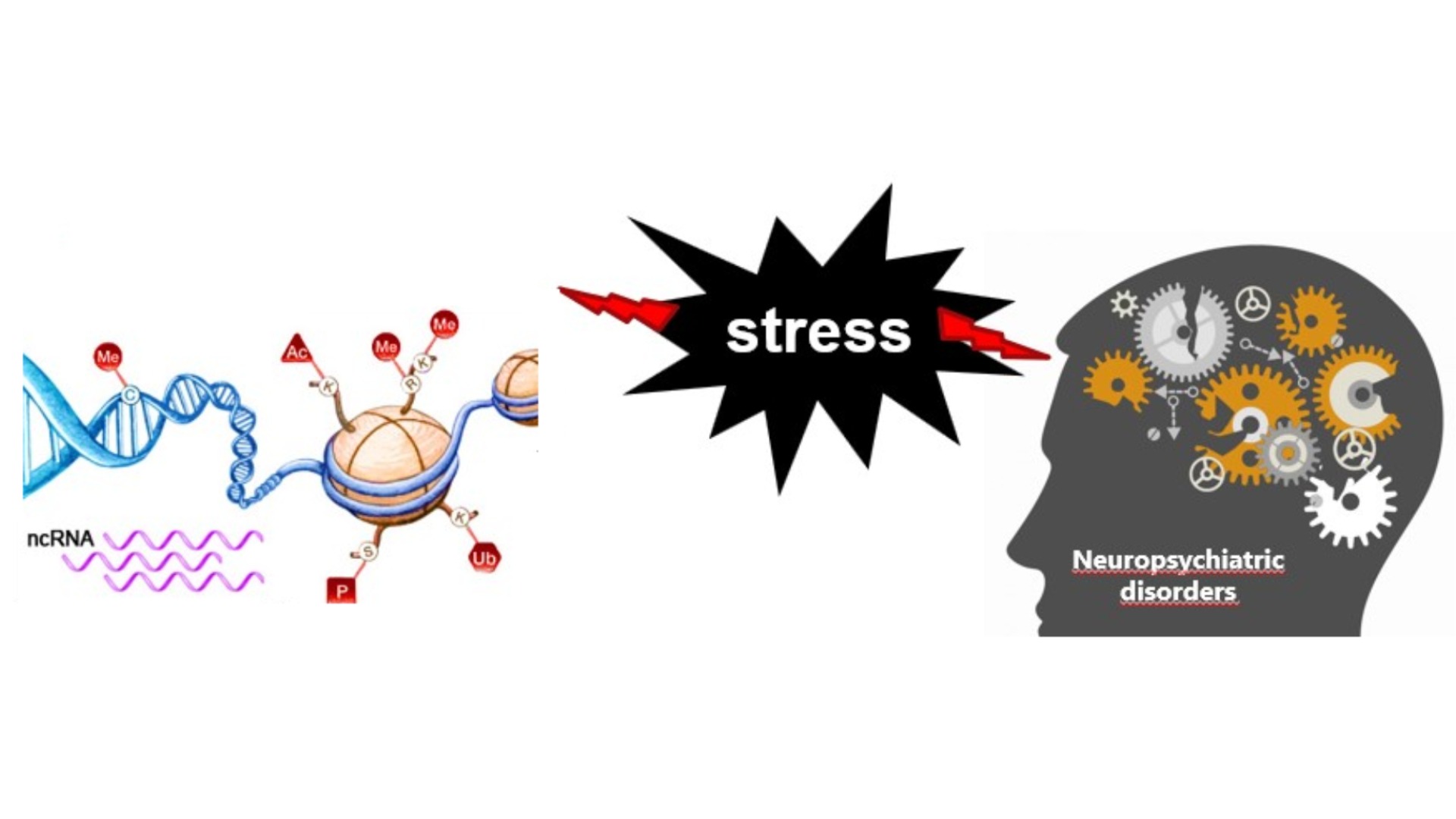
©MezgerGroup, 2023
- We focus on two types of prenatal stressors: neuroinflammation (as triggered by bacterial or viral infections) and alcohol exposure. Both types of prenatal exposure compromise brain development and are major causes of neurodevelopmental disorders, like autism spectrum disorders (ASD) or fetal alcohol spectrum disorders (FASD). We use models mimicking these stress and post-trauma in close partnership with our collaborators at Hospital Robert Debré (UMR1141 NeuroDiderot, INSERM/Université Paris Cité, Paris), in the context of the Fédération Hospitalo-Universitaire (FHU I2D2).
- We perform epigenomic and transcriptomic investigations in neural cells, at bulk and single-cell levels (sc-nuclear) RNA-Seq and ATAC-Seq; ChIP-Seq and CUT&RUN approaches).
- We develop bio-informatic tools in collaboration with biostatistician in order to analyze the epigenomic stress imprinting and its transcriptional consequences (with the iPOP UP platform).
Read more
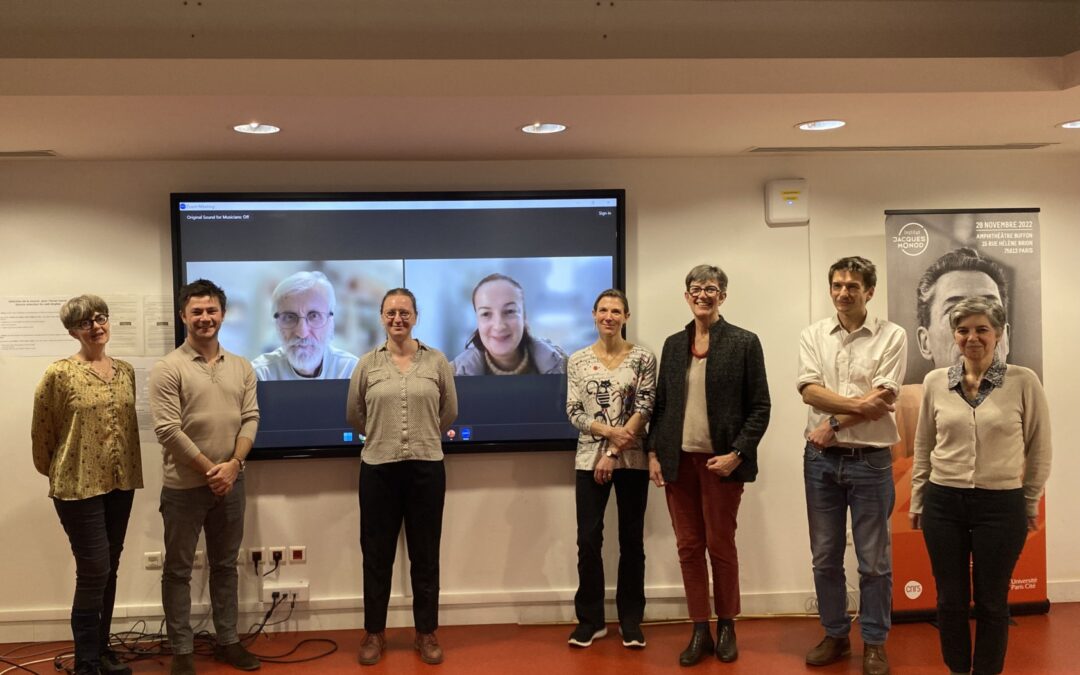
Congratulations to Dr. Carole Chaput
Congratulations to Dr. Carole Chaput who defended her thesis this Friday, December 6, 2024 on « Therapeutic functionalization of a rare neurodevelopmental and monogenic disease model based on the contribution of the heat shock factor 2 stress pathway »À lire aussi
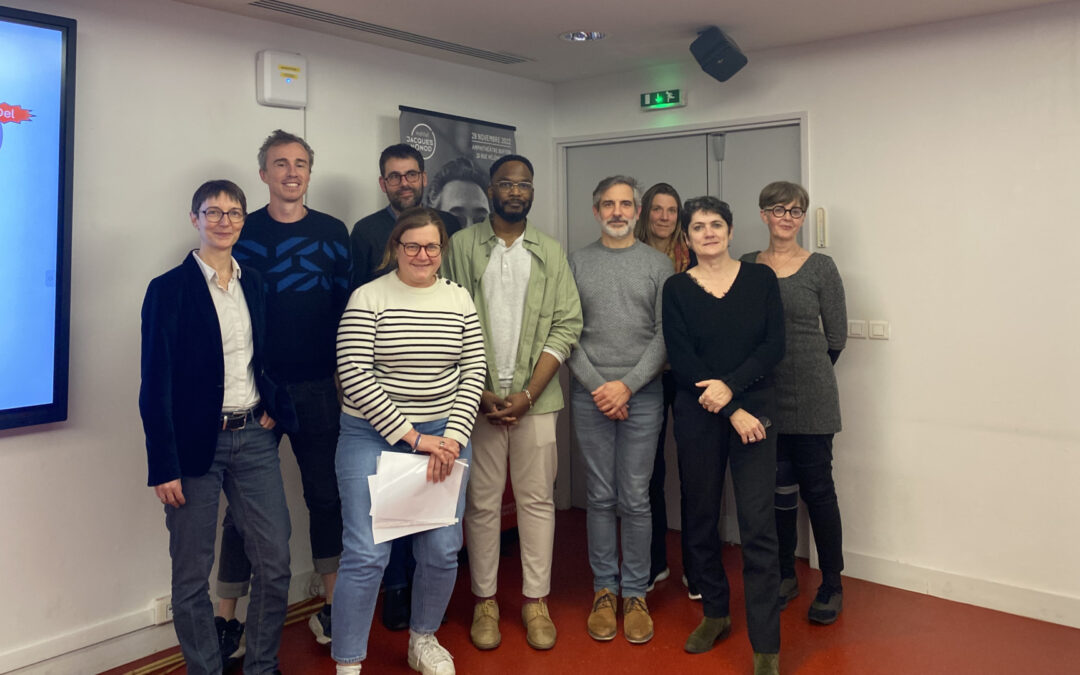
Congratulations to Dr. Kevin Daupin
Congratulations to Dr. Kevin Daupin who defended his thesis this Wednesday, December 4, 2024 on « Integrity of Neuroepithelium & the Neural Niche in Rubinstein-Taybi Syndrome Derived Neural Models : A perspective on the implication of HSF2 pathways dysregulations...
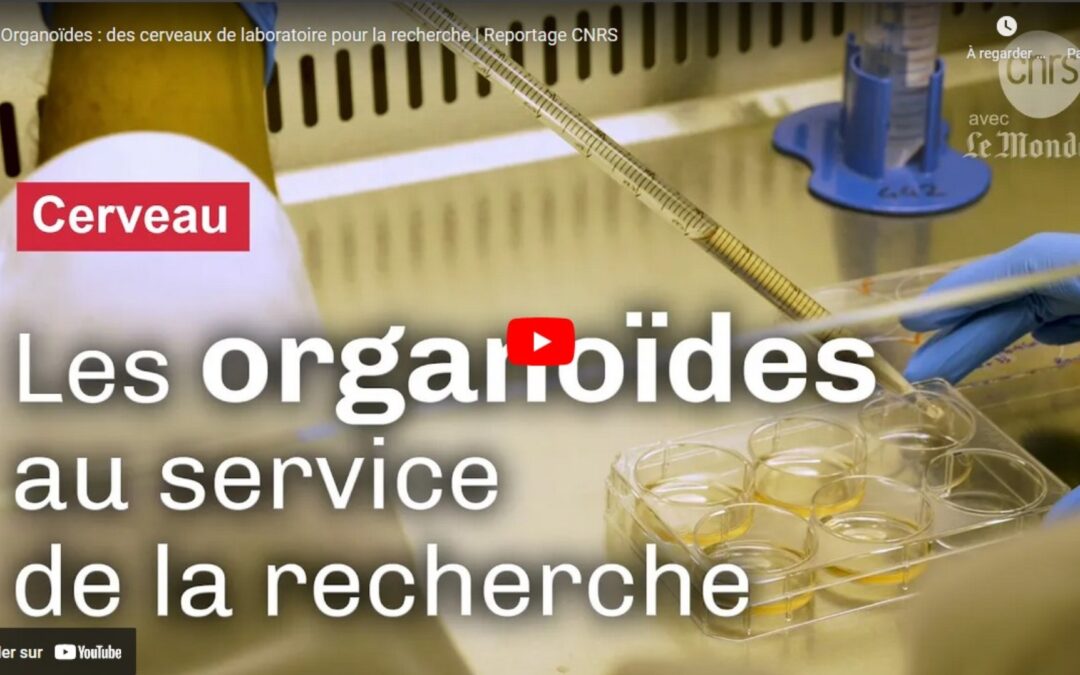
Brain organoids, new advances in research
"CNRS Le Journal" and "Le Monde" published a video article describing the new technical advances in the field of neurobiology, the preparation of human brain organoïds. They visited the Mezger laboratory to have a look at their experimental set up using cerebral...
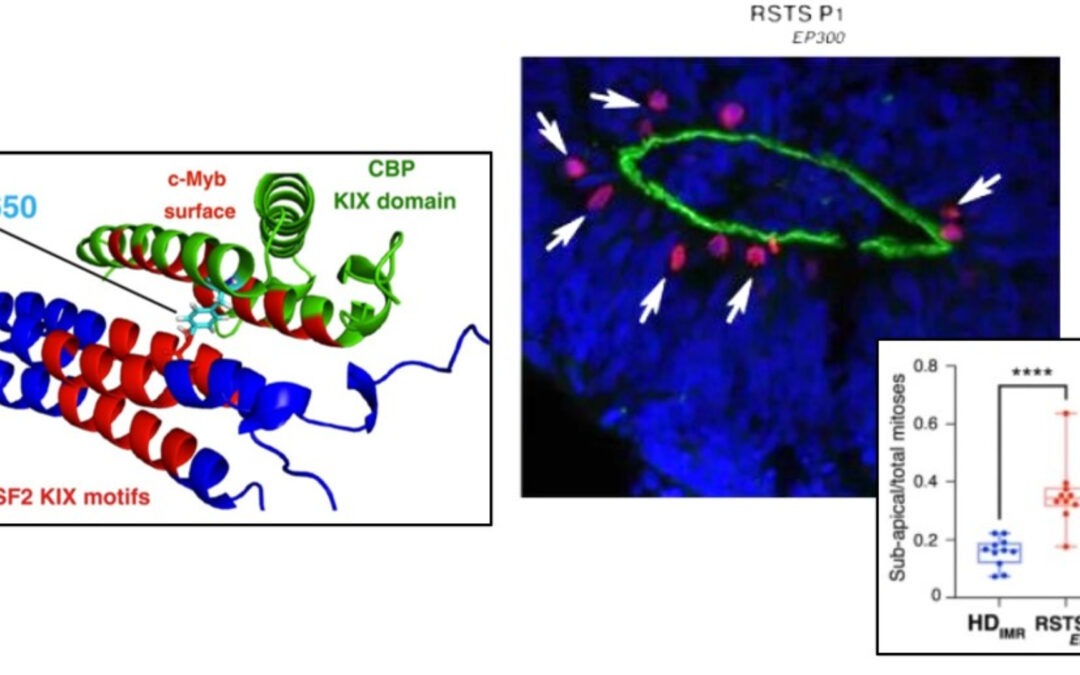
Congratulations to Aurélie De Thonel and the Mezger Lab for their paper in Nature Communications
Aurélie De Thonel and the V Mezger lab released a paper in Nature Communications elucidating the relationship between CBP and HSF2 in a neurodevelopmental disorder, CBP-HSF2 structural and functional interplay in Rubinstein-Taybi neurodevelopmental disorder....
